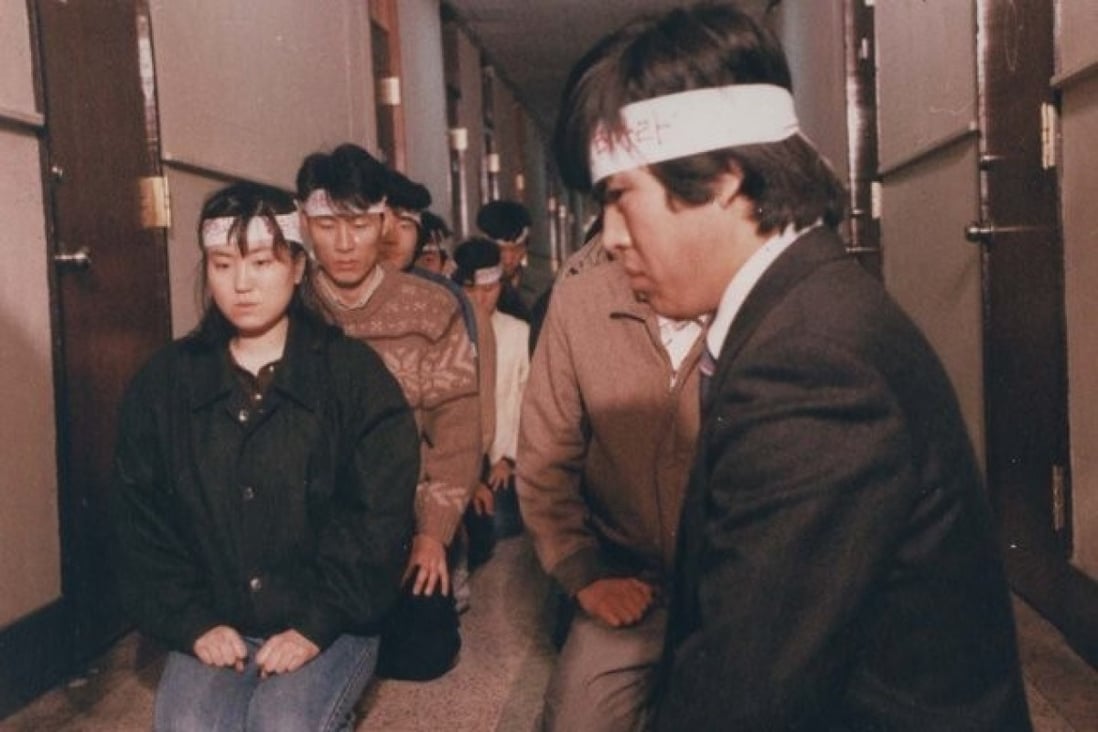
Korean film festivals commemorate the Gwangju uprising and its brutal suppression South
The events of 1980 in Kwangju continued to have a significant impact on the Korean people and the politics on the peninsula. The role played by the U.S. military during the uprising led to an increase in anti-American sentiment among South Korean students and activists. A national cemetery in Kwangju is dedicated to the victims killed during the struggle for democracy.
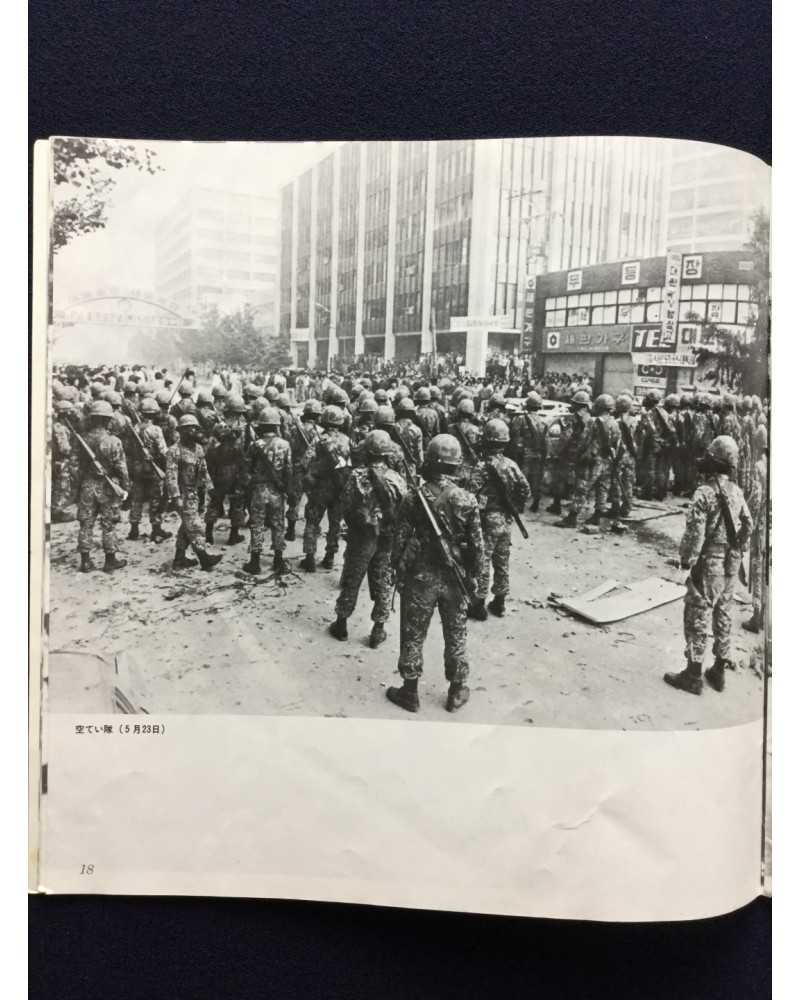
Gwangju Massacre 1980
The Gwangju Uprising, known in Korean as May 18 (Korean: 오일팔; Hanja: 五一八; RR: Oilpal; lit. Five One Eight), took place in Gwangju, South Korea, in 1980.The uprising was a response to the coup d'état of May Seventeenth that installed Chun Doo-hwan as military dictator and implemented martial law. Following his ascent to power, Chun arrested opposition leaders, closed all.

Gwangju massacre deniers still seek comfort in North plot Asia Times
The grandson of South Korea's last dictator has apologised to relatives of those killed in a brutal military crackdown in 1980. Chun Woo-won, 27, said military strongman Chun Doo-hwan was a.
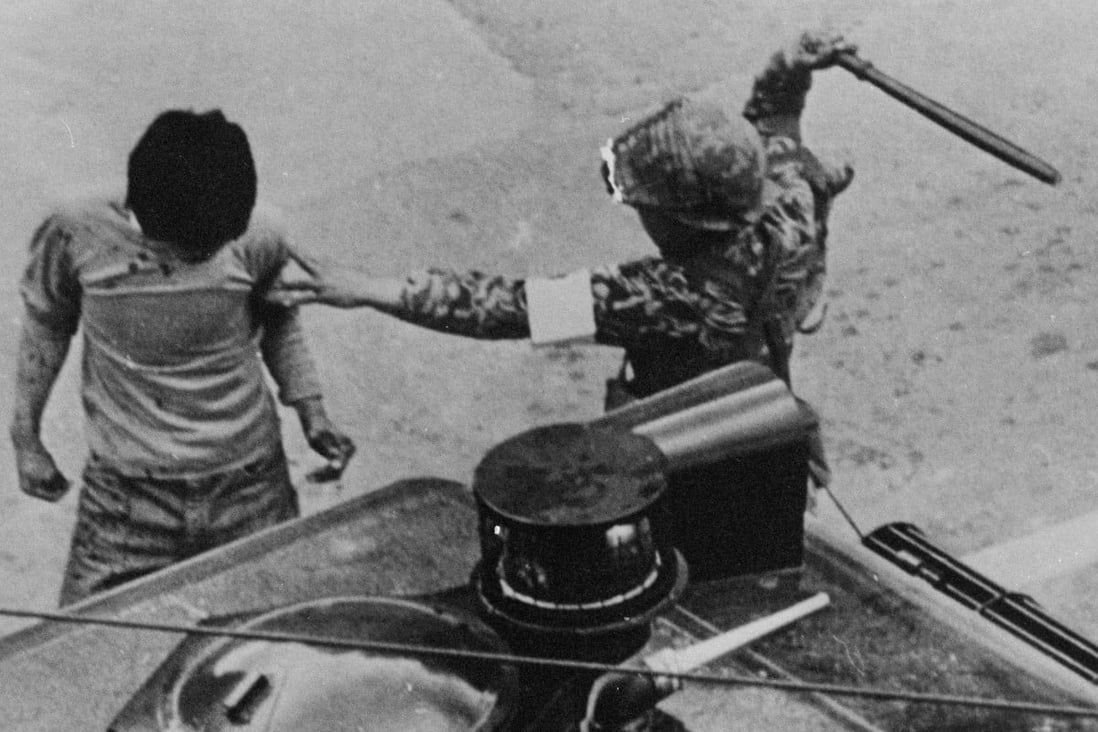
Gwangju massacre scars still raw 40 years after dictator crushed South Korea prodemocracy
In May 1980, after South Korea's military leaders declared martial law, pro-democracy protests began to grow across the country. Gwangju, in the south-west, became a centre of demonstrations.

On the 18th of May 1980, the Gwangju Uprising against the USbacked dictatorship in South Korea
Families and relatives gather around the coffins of dead protesters at provincial headquarters in Gwangju, South Korea, May 23, 1980, some 250 kilometers south of Seoul, South Korea. The Gwangju.
On this day in 1980, the Gwangju Uprising began when 200 South Korean students clashed with the
The Gwangju Biennale—launched in 1995 in the country's sixth most populous city—was founded in part to explore the heterogeneous impact the uprising has had on South Korean society.
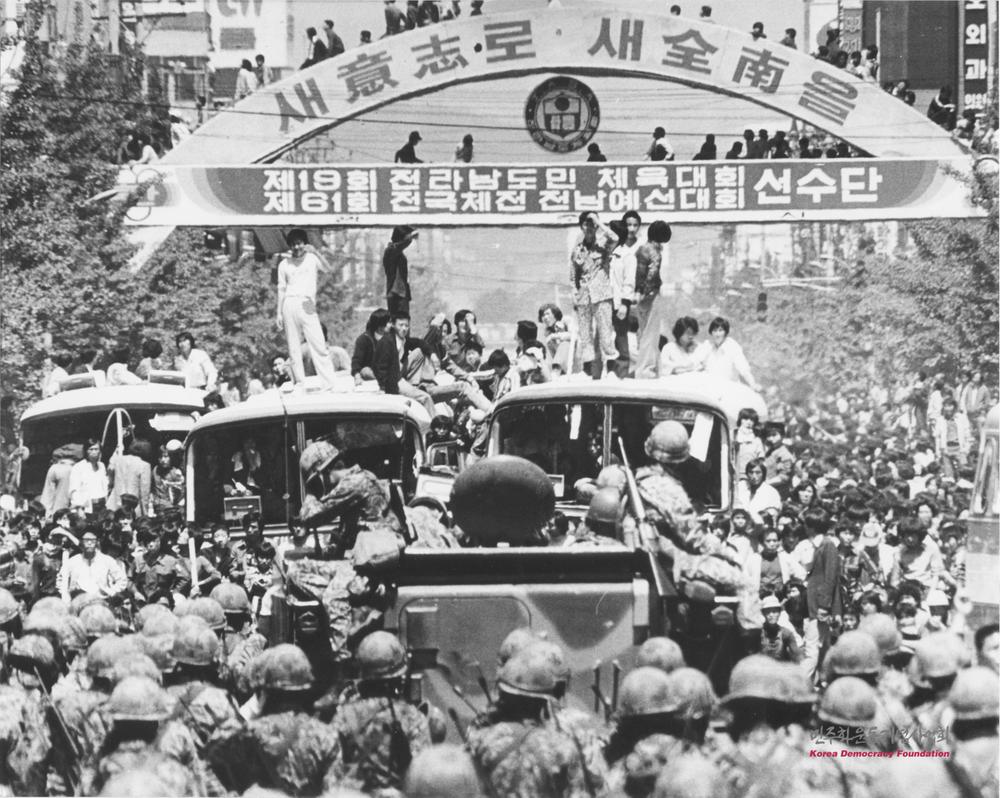
Phong trào Dân chủ hóa Gwangju 1980 Sáng mãi ngọn cờ dân chủ Hàn Quốc
Pergerakan Demokratisasi Gwangju adalah sebuah peristiwa pergerakan demokrasi yang terjadi di Gwangju, Korea Selatan pada tahun 1980.Pada saat presiden Park Chung-hee terbunuh pada tahun 1979, Jenderal Chun Doo-hwan dan Roh Tae-woo mengambil alih kursi kekuasaan mengakibatkan kekecewaan rakyat Korea Selatan yang menginginkan transisi yang demokratis.Pada tanggal 18 Mei 1980, penduduk kota.
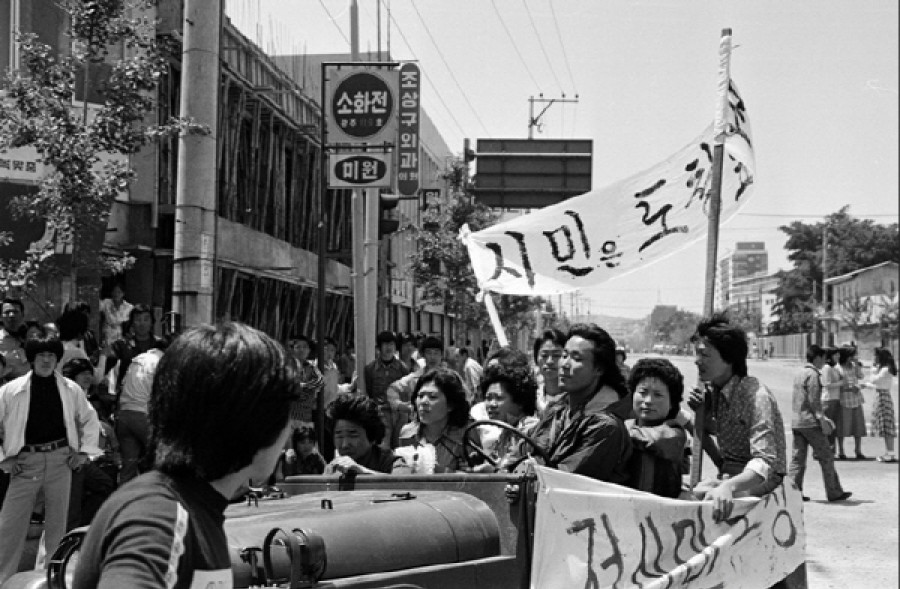
A Participant In South Korea’s 1980 Gwangju Uprising Tells Her Story WBEZ Chicago
In Gwangju, the issue of building a memorial tower also gave another impetus to build networks of movement organizations from 1985. In sum, throughout the 1980s, the Gwangju Uprising and memory work of the event gave activists something to hold on to together and broaden the circle of sympathizers, even despite the repression.
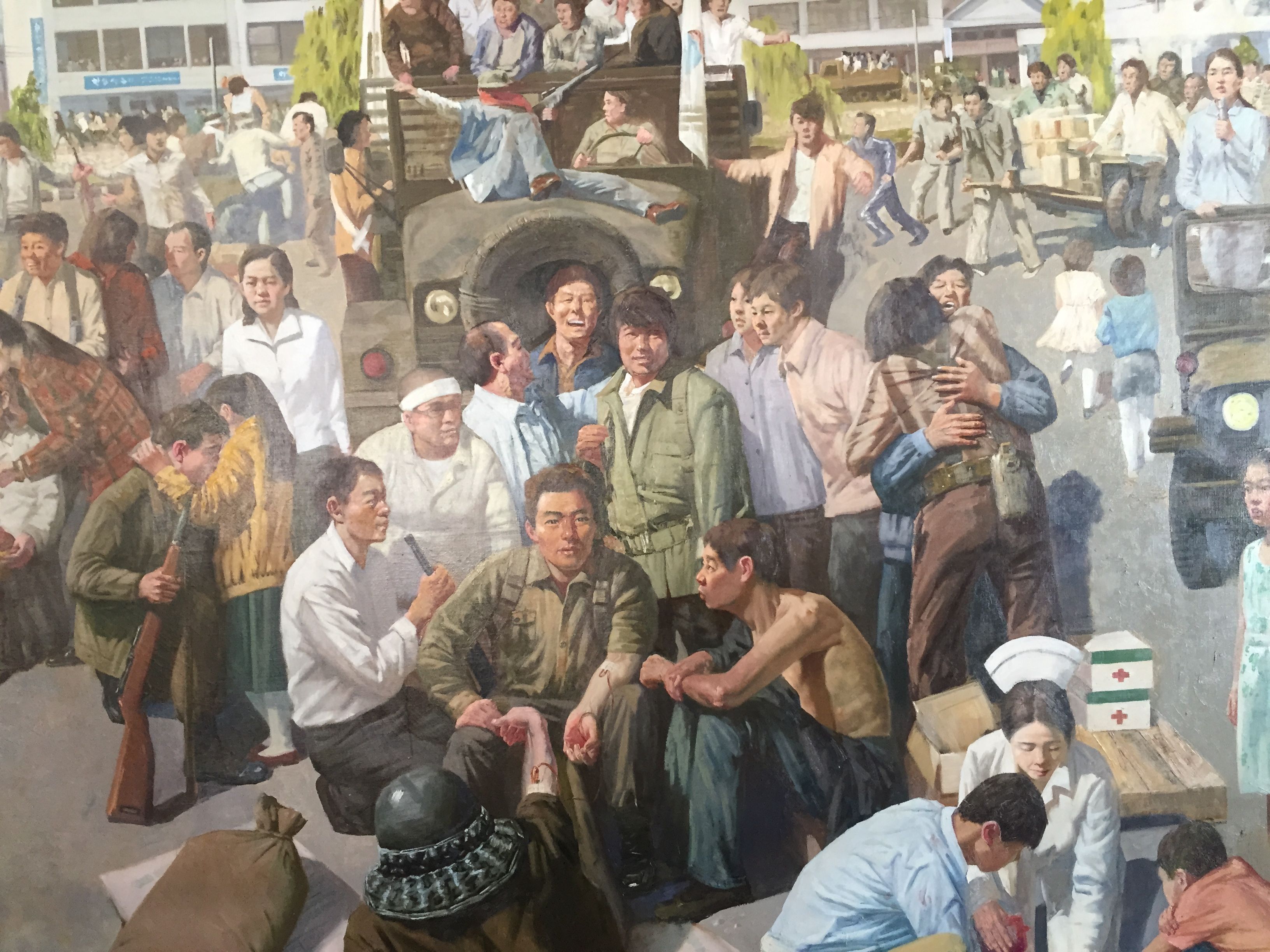
18 mai 1980 Massacre de Gwangju Implications historiques du soulèvement démocratique du 18
The Gwangju Uprising of May 18-27, 1980, was a pivotal step in South Korea's march toward democratization. After protesting students were brutally attacked by soldiers, the people of Gwangju joined in armed resistance against the martial regime of Chun Doo-hwa, who had seized power in a coup. The uprising was put down by government troops.
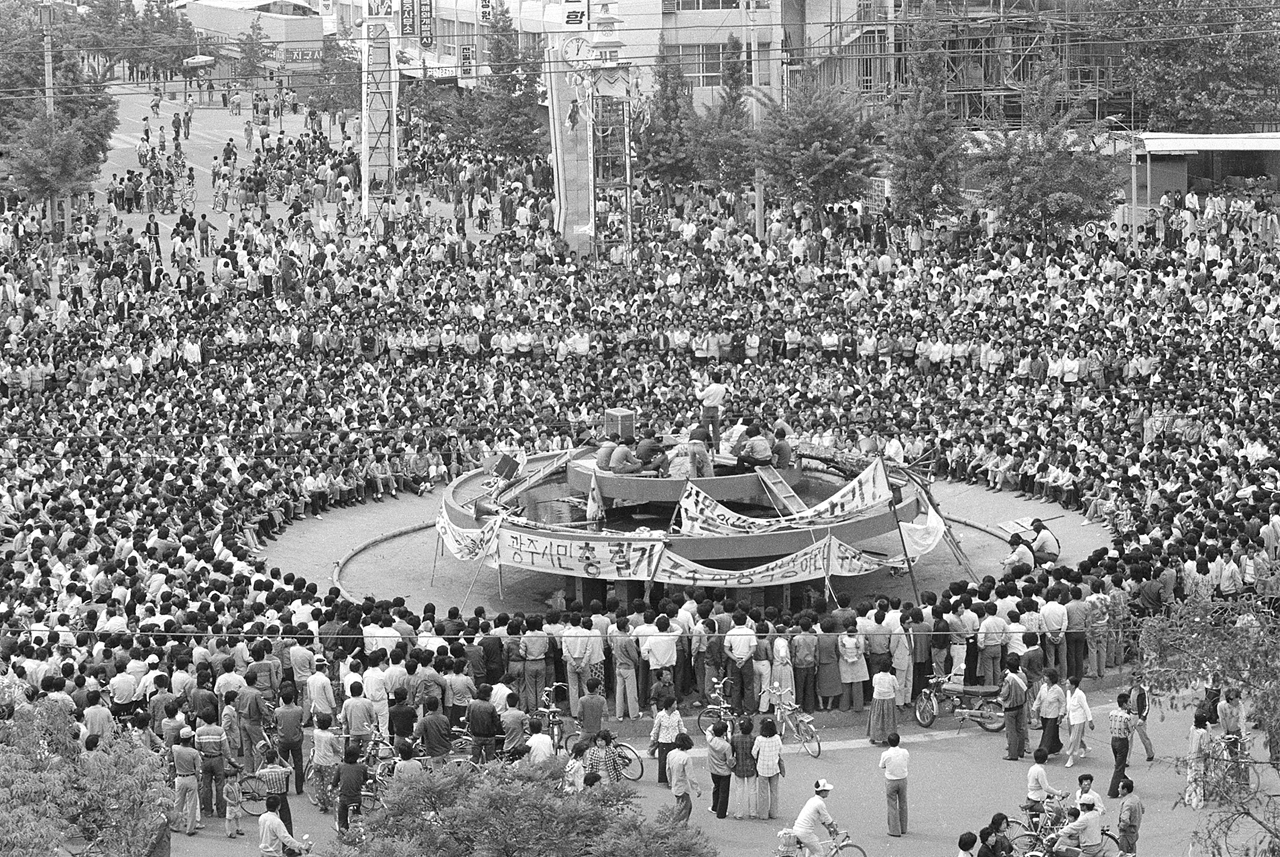
Trauma endures of South Koreas Gwangju Uprising
89-year-old Lim Geun-dan, a Gwangju resident, recounts how her son was killed by government forces during a 1980 uprising. May 20, 2020. (W. Gallo) "They beat him until he was dead," she said.
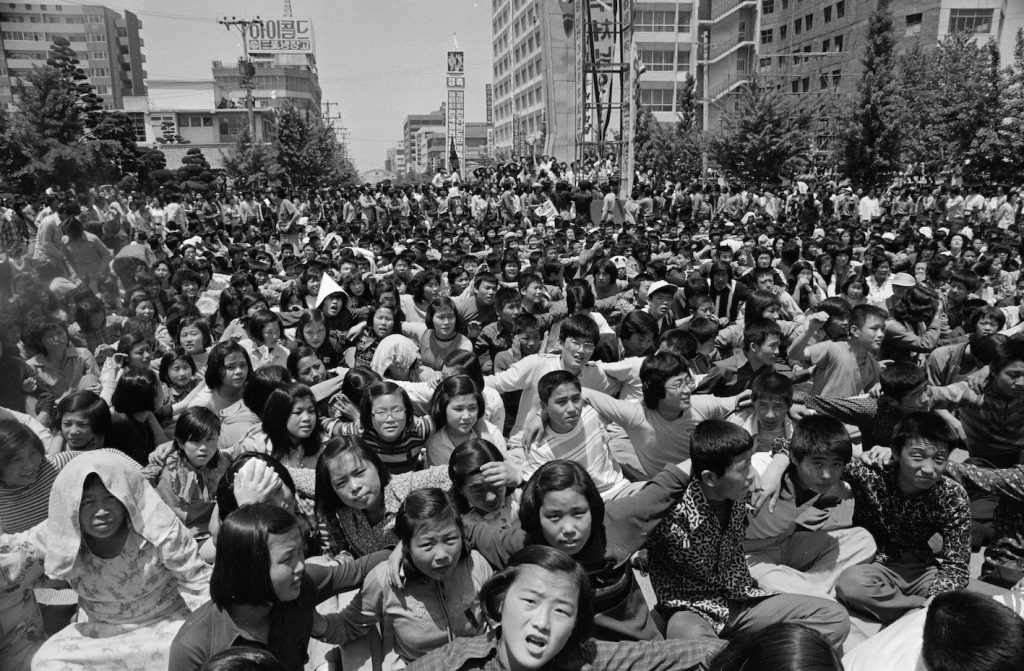
13th Gwangju Biennale
The Gwangju Massacre, 1980. Tied to a rope, arrested students are led away by ROK Army soldiers on May 27th, following a raid by troops in the riot-torn city of Kwangju. Tens of thousands of students and other protestors poured into the streets of Gwangju (Kwangju), a city in southwestern South Korea in the spring of 1980.
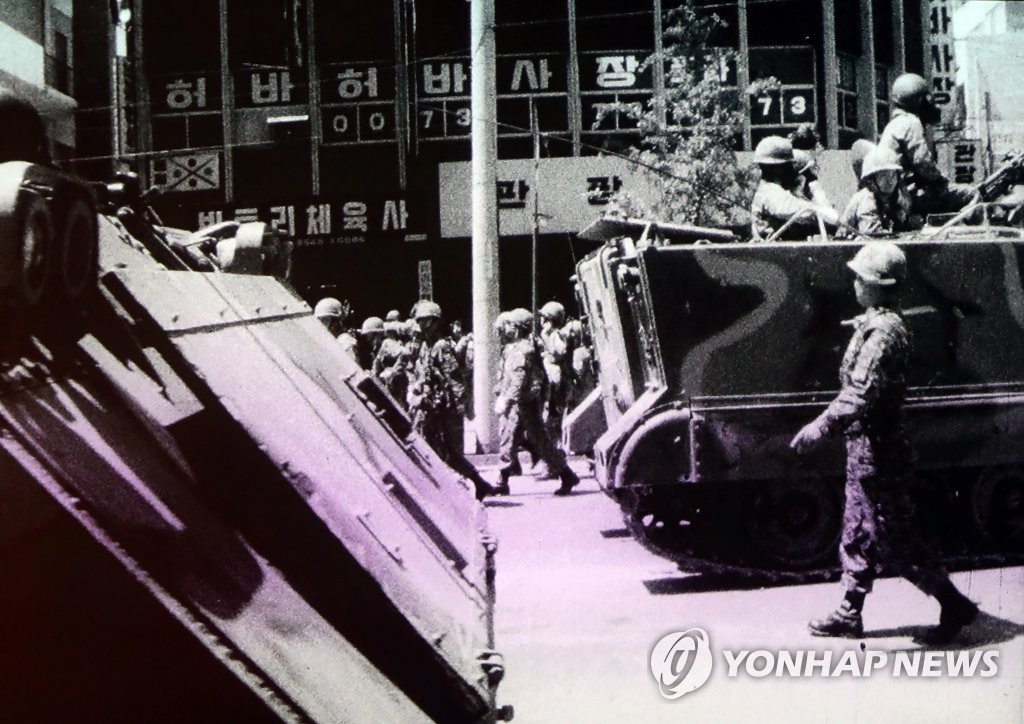
1980 Gwangju uprising photo Yonhap News Agency
7 November 2018. EPA. South Korean Defence Minister, Jeong Kyeong-doo, bows his head to the nation. South Korea has apologised for the rape of women by troops sent to crush an anti-government.
1980 Gwangju Uprising & Massacre r/korea
Puluhan ribu mahasiswa dan pengunjuk rasa lainnya turun ke jalan-jalan di Gwangju (Kwangju), sebuah kota di barat daya Korea Selatan pada musim semi tahun 1980. Mereka memprotes keadaan darurat militer yang telah berlaku sejak kudeta tahun sebelumnya, yang telah menjatuhkan diktator Park Chung-hee dan menggantikannya dengan orang kuat militer Jenderal Chun Doo-hwan.
/GettyImages-515125644-5c48e4edc9e77c0001822cb9.jpg)
La història de la massacre de Gwangju a Corea del Sud
On 18 May 1980, local university students organized a protest to which the military responded with beatings, shootings and even the rape of some of the students. This wave of violence incited broader protests from Gwangju citizens over the following ten days, and armed with weapons looted from police stations, they took control of large parts.
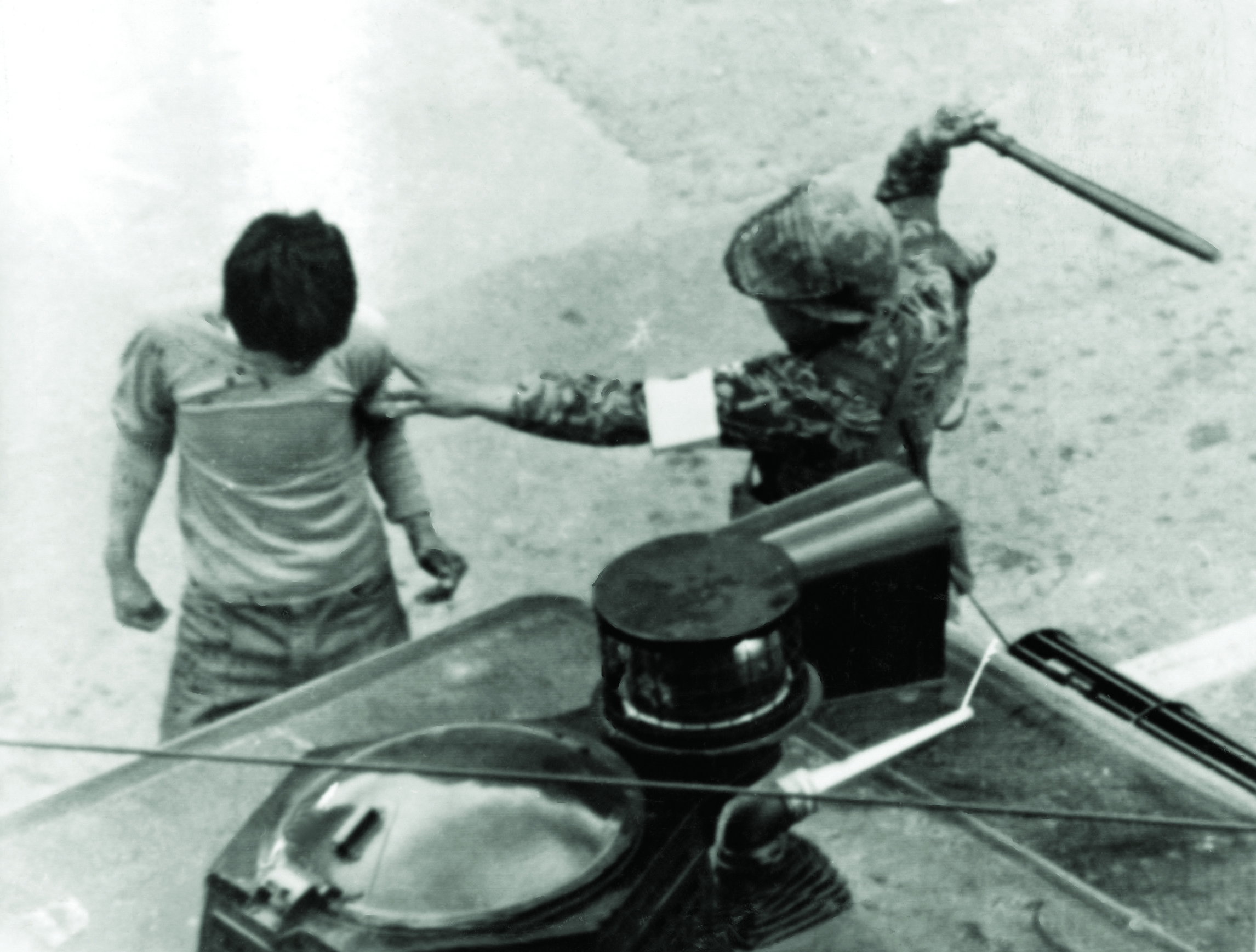
18 mai 1980 Massacre de Gwangju Implications historiques du soulèvement démocratique du 18
E53-56: The Gwangju uprising. Podcast miniseries about the May 18 uprising in Gwangju, South Korea, in 1980 against the US-backed military dictatorship of Chun Doo Hwan. We speak with Kim Yong Ho, David Dolinger and Jeon Yong Ho, who took part in the events, as well as researcher and lead translator of the excellent book, Gwangju Diary, Kap Su.
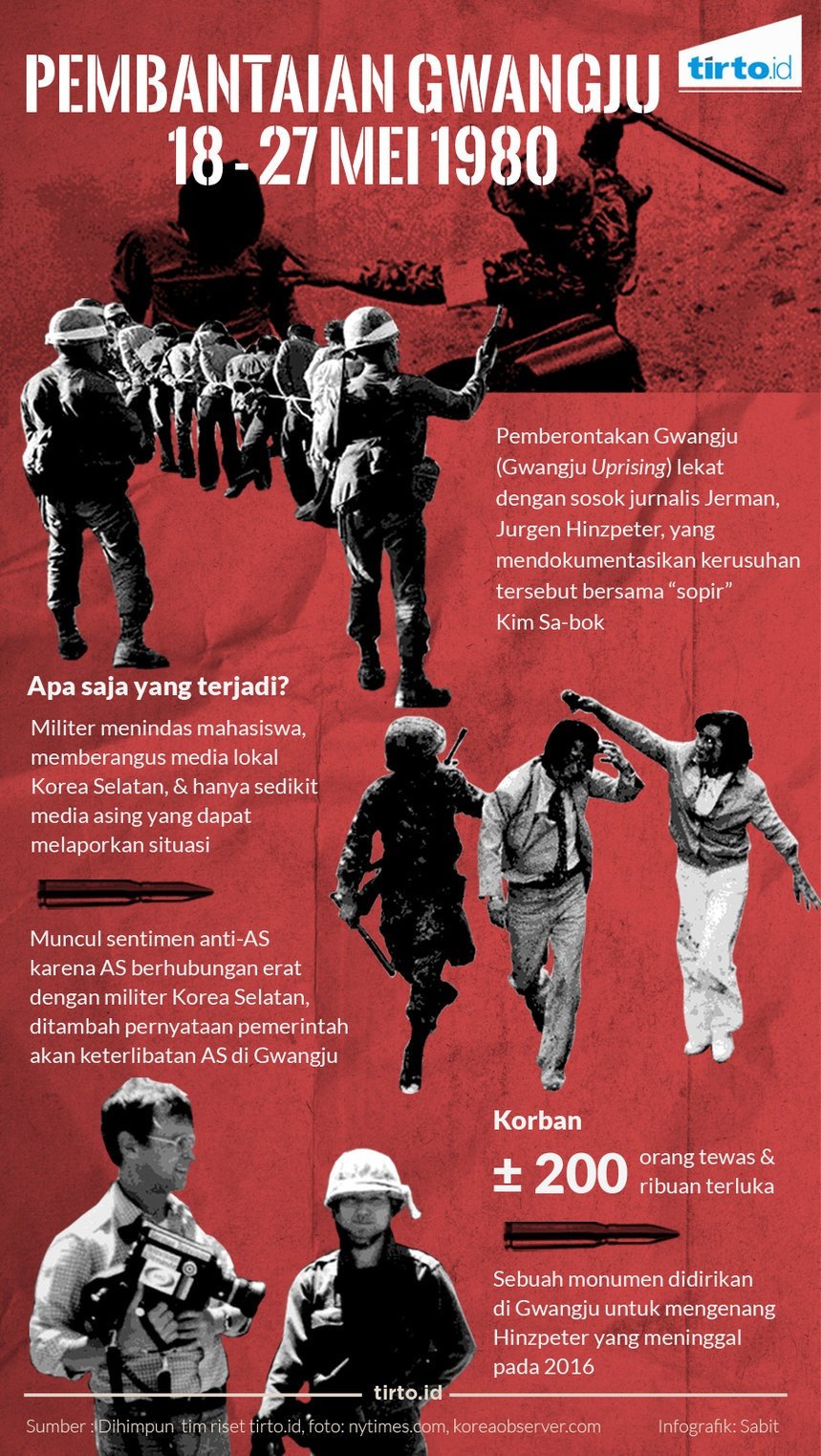
Kisah Taksi Kuning dan Pembantaian Mahasiswa Gwangju 1980 Tirto.ID
Moon vows to reopen probe into 1980 Gwangju massacre. There is no agreed toll for Gwangju, with reports of secret burials both on land and at sea. The military remaining in power for another eight.